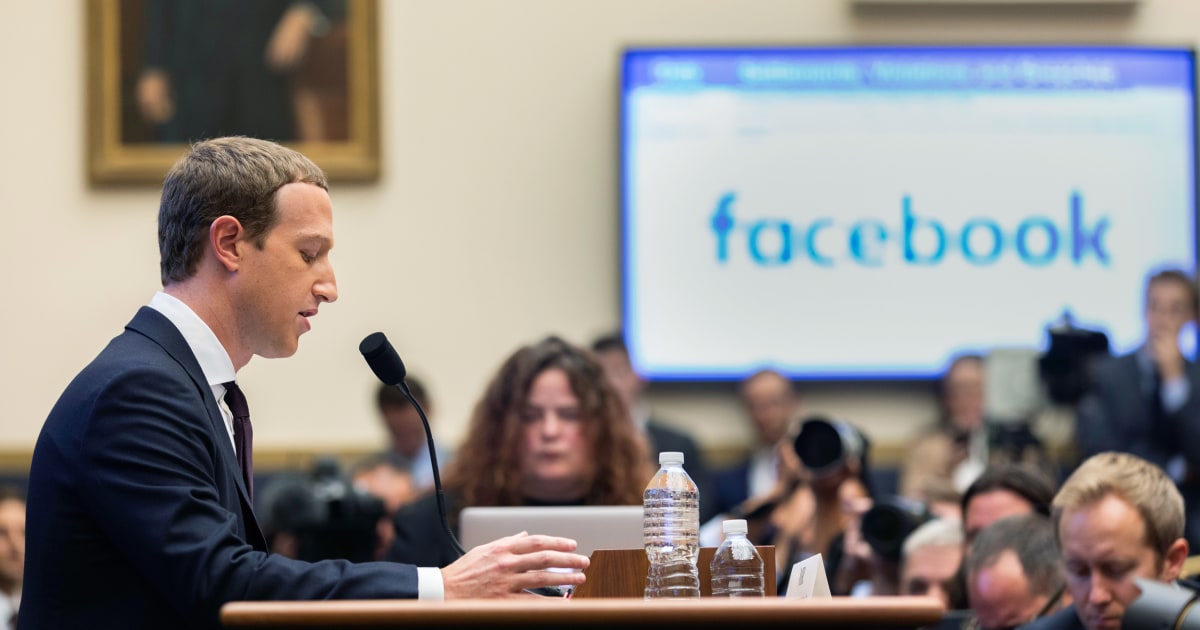A cache of leaked Facebook documents shows how the company’s CEO, Mark Zuckerberg, oversaw plans to consolidate the social network’s power and control competitors by treating its users’ data as a bargaining chip. The documents were obtained and are being published by NBC News.
Taken together, they show how Zuckerberg, along with his board and management team, found ways to tap Facebook users’ data — including information about friends, relationships and photos — as leverage over the companies it partnered with. In some cases, Facebook would reward partners by giving them preferential access to certain types of user data while denying the same access to rival companies.
This looks pretty bad if it involved data that users considered private (or not for commercial use) that could transgress privacy laws in many countries. Even in Facebook has tried to legally cover through user terms of service clicks it poses some very serious questions about trust in Facebook and their ethics. Some could say users should not expectancy privacy at all on Facebook but there are other networks promising not to ever do this (mind you Mark Zuckerberg is on record in the early days stating users’ data is private and Facebook would never sell it…). Facebook’s "lock-in" of its users needs to be relaxed and the only way is to allow users to leave if they wish, but still be able to follow (and be followed by) their friends of Facebook from a different network. But Facebook is fighting to keep itself as a walled garden. What works for e-mail between different providers should also work for social networks otherwise there is no easy way for most users to leave and go elsewhere.
#delefacebook #privacy #antitrust
#^Leaked documents show Facebook leveraged user data to fight rivals and help friends
NBC News is releasing almost 7,000 pages of leaked documents showing how Facebook treated user data as a bargaining chip with external app developers.

